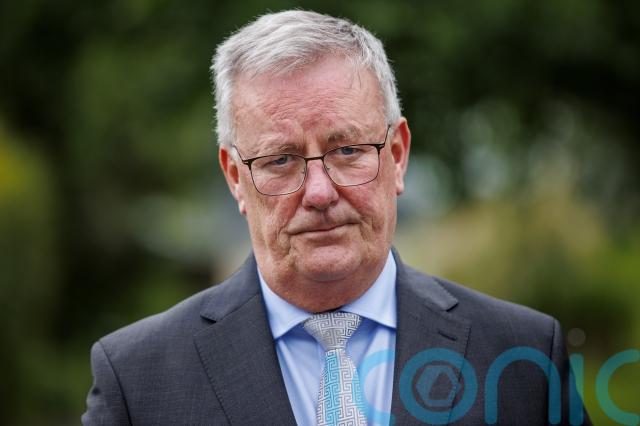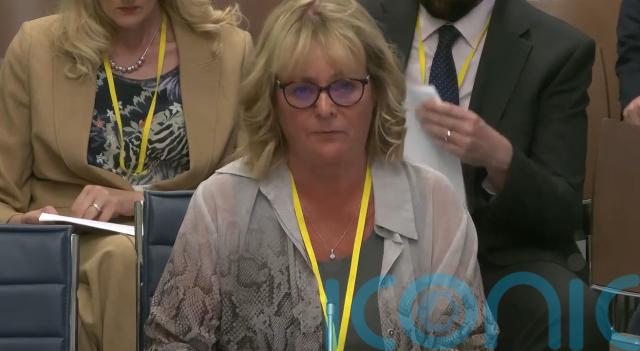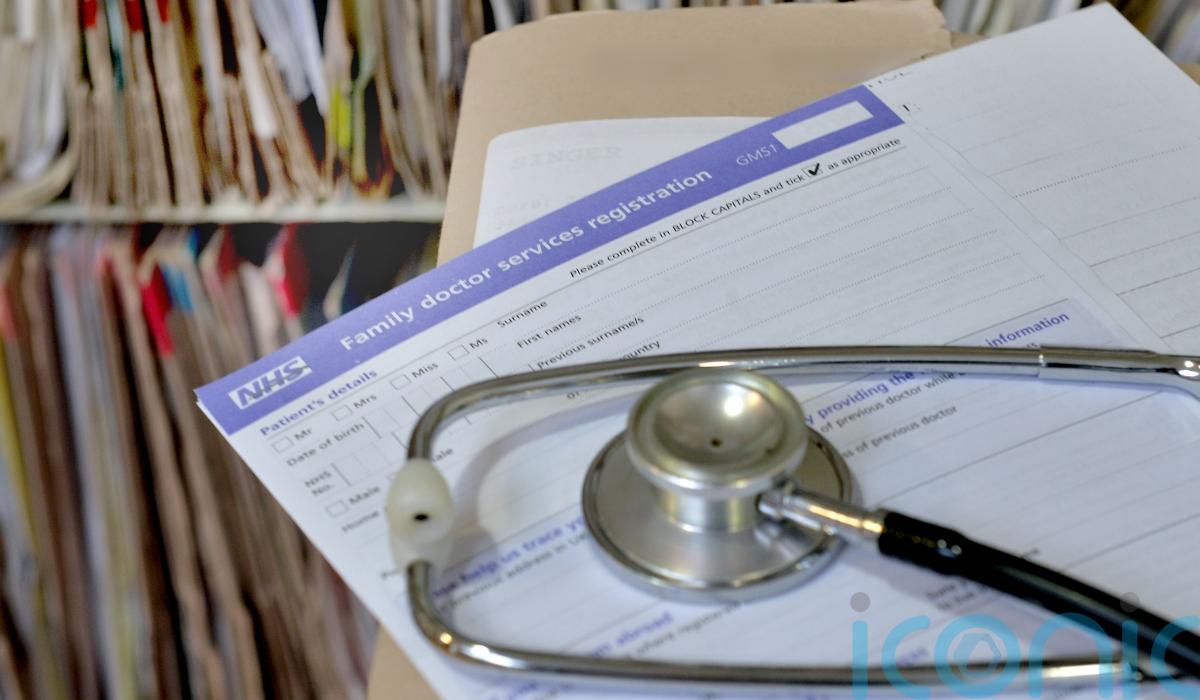GPs across Northern Ireland are to reduce the “unfunded work” they carry out, the British Medical Association (BMA) has said.
The move towards collective action is part of an ongoing dispute with the Department of Health over funding of services.
The BMA said measures taken by doctors would include limiting patient consultations to a maximum of 25 per day and switching off medical optimisation software.
The union said GPs remained committed “to minimising the impact on patients”.
In May, Health Minister Mike Nesbitt said he would implement a funding contract for GP surgeries, despite it having already been rejected by doctors.

The minister had offered a package of £9.5 million in additional core funding for services for GPs.
But the BMA said its members had overwhelmingly rejected the 2025/26 General Medical Services (GMS) contract offered by the Department of Health.
At the time, Mr Nesbitt said that the BMA had asked for an extra £80 million, but said this would be used to deliver “more of the same”, citing concerns about access to surgeries for patients.
The BMA has raised concerns over underfunding of practices, workload and staff shortages.

Northern Ireland General Practitioners Committee (NIGPC) chairwoman Dr Frances O’Hagan said: “The decision to take collective action has not been made lightly; it is a last resort to draw attention to the critical needs of the general practice and to advocate for immediate funding and sustainable solutions.
“We have taken comprehensive legal advice and are making every effort to ensure that patient care remains as unaffected as possible during collective action.
“Patients are not the focus of our dispute; it is the department’s approach that is forcing us into action.”
The BMA said measures being implemented include limiting patient consultations to the recommended maximum of 25 per day.
It also said measures would include “stopping completing unfunded paperwork requests” including patient registration paperwork verification and switching off medical optimisation software and GPs instead using clinical judgement when prescribing.
Dr O’Hagan added: “The collective action undertaken by GPs is a clear call for the health minister to recognise the severity of the situation and to take immediate and decisive action.
“We need to reopen the negotiation for this year, and the minister allocate additional resources immediately to stabilise general practice and to engage in constructive discussions for sustainable, long-term improvements.
“Only when he has done that can we begin to talk about next year and how GPs can work with the rest of the system to move more care into the community.
“We need immediate action to stabilise services before we can plan for long term changes and improvements.”
She added: “Current funding levels are insufficient to meet patient needs, and increased investment is required to maintain safe, high-quality care.
“Patients deserve and need a properly funding service that is sustainable and retains quality of patient care.
“It is vital that immediate, targeted action is taken to address current funding gaps and resource challenges in general practice.”
The Department of Health has been approached for comment.
Dr Ursula Mason, chairwoman of the Royal College of GPs in Northern Ireland (RCGPNI), said the action taken by GPs showed the strength of feeling over the funding issue.
She added: “It is not for RCGPNI to get involved in contractual negotiations between the BMA’s NIGPC and the Department of Health, nor to influence any decision making about collective action, but it is disappointing that negotiations did not reopen, and we have arrived at the unprecedented position where collective action from GPs will commence imminently.
“Absolutely no GP will want to restrict the services they provide for their patients – and it needs to be made clear that GPs and their teams will still be working extremely hard to care for our patients.
“There are many aspects of what GPs provide that go well beyond the contractual requirements they are under and what they receive funding for, and this additional workload and the goodwill of the GPs delivering it, have been taken for granted for too long.”
